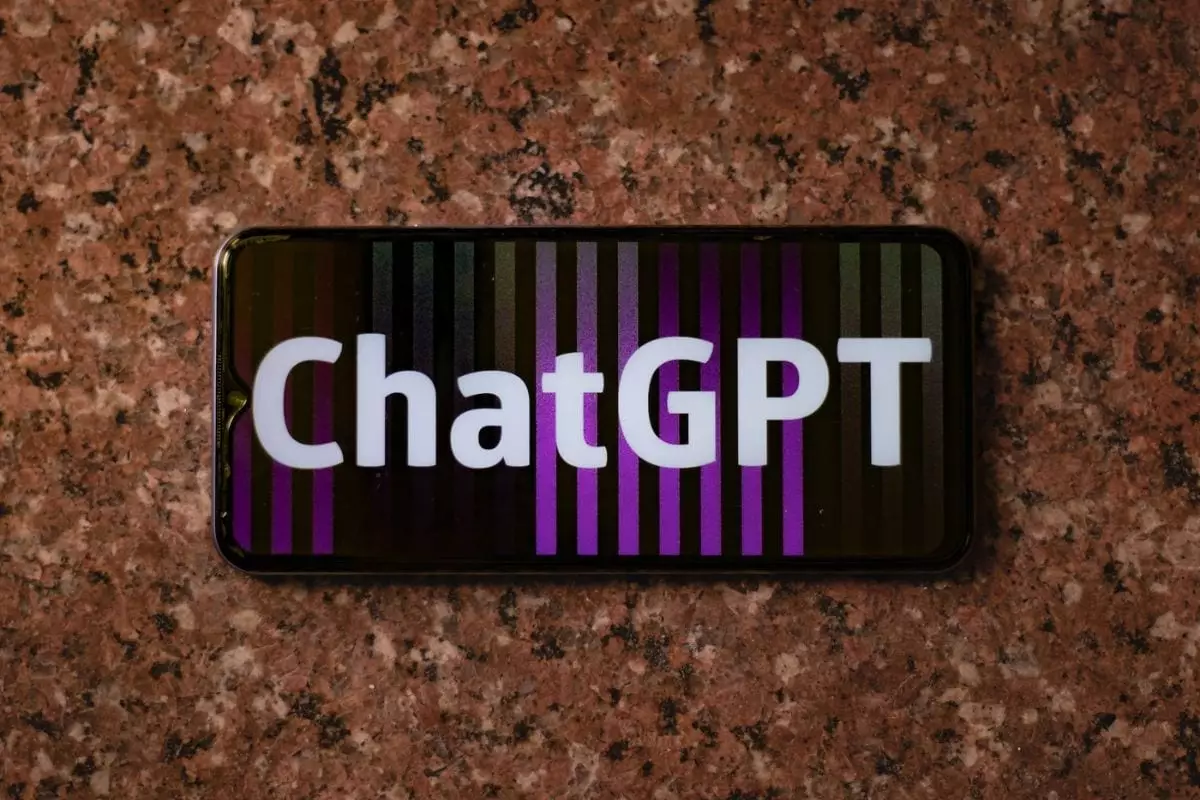Artificial intelligence (AI) has been evolving rapidly, and OpenAI recently made a significant breakthrough with the development of CriticGPT. This new AI model is designed to catch mistakes in code generation, enhancing the quality of AI-generated code produced by large language models like GPT-4. Through the use of the reinforcement learning from human feedback (RLHF) framework, OpenAI has trained CriticGPT to identify errors in code generated by ChatGPT.
CriticGPT was trained on a vast amount of code data that contained errors. The AI model’s task was to find and critique these mistakes, ultimately improving the overall quality of the generated code. Human evaluators, known as AI trainers, provided feedback to CriticGPT, enabling the model to learn from both machine output and human input.
OpenAI’s research revealed that CriticGPT outperformed ChatGPT in error detection, catching mistakes with an impressive 63% success rate. However, the model still has its limitations. CriticGPT was primarily trained on short strings of code and has not yet been exposed to long and complex tasks. Additionally, the model tends to generate incorrect factual responses, a phenomenon known as hallucination. Moreover, CriticGPT has not been tested in scenarios where multiple errors are scattered throughout the code.
While CriticGPT is not currently accessible to users or testers, OpenAI aims to leverage this model internally to refine training techniques for generating higher-quality outputs. If CriticGPT eventually becomes available to the public, it may be integrated within ChatGPT to enhance code generation capabilities further.
OpenAI’s development of CriticGPT marks a significant step forward in AI technology, demonstrating the power of combining machine learning with human feedback. As the model continues to undergo refinement and testing, it holds the potential to revolutionize the way AI-generated code is generated and reviewed. With continued advancements in AI research, we can expect to see even more innovative solutions emerge in the near future.



Leave a Reply